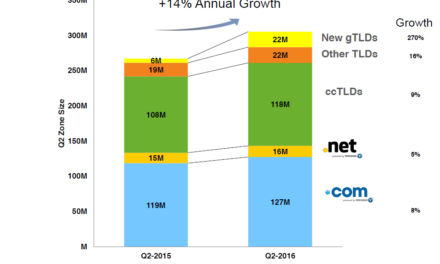
Before we start, let’s make it clear – Meta tags are not a magical search engine optimization (SEO) solution. Meta tags provide a useful way to control your summary in some search engines.
What do Meta Tags do?
Meta tags can also help you provide keywords and descriptions on pages that for various reasons lack text. Examples are splash pages and frames pages. They might also boost your page’s relevancy. However, simply including a meta tag is not a guarantee that your page should suddenly leap to the top of every search engine ranking. They are a useful tool but, as said above, not a magic solution.
Two Important Meta Tags: Keywords and Description
There are several meta tags, but the most important for search engine indexing are the description and keywords tags. The description tag returns a description of the page in place of the summary the search engine would ordinarily create. The keywords tag provides keywords for the search engine to associate with your page.
Before getting into further specifics, let’s assume you have a page without the tags. The page is titled “My World,” with a header that says “Welcome to My World,” then a giant graphic image, then a link at the bottom that says “enter.” (Did I mention I hate your page?). Search engines that index this daring creation will probably return a listing like this:
My World
Welcome to My World
Now let’s fix it. Let’s assume that within “My World” is a site chock full of information about stamp collecting. Here visitors can find out about stamp prices, stamp conventions, stamps for sale and trade, the history of stamps and much more. We’ll use the meta tags to communicate this without destroying the image you’ve worked so hard (ahem) to create. The meta tags go inside the header tags, so that everything looks like this (click on the picture if you want to copy and paste the HTML for your own use):

Now your listing will look something like this in search engines that support the descriptions tag:
My World
Everything you wanted to know about stamps, from prices to history.
Notice how the description matches what’s in the description tag? That’s exactly what the meta description tag does. It lets you control the description that appears.
What about the meta keywords tag? It gives your page a chance to come up if someone types in any of the words listed. For example, someone might enter “stamp collecting,” which will match with one of the keywords in the tag. Without that tag, there would be no chance at all, since “stamp collecting” doesn’t appear on the page or in the description tag.
Should you have different variations for keywords, such as shown in the example? It may help you with some search engines and not at all with others.
Having “stamp collecting” together as a word vs. “stamp” and “collecting” can help if someone is searching for the exact phrase “stamp collecting.” In general, try not to worry about it too much. You’ll drive yourself crazy trying to cover which engines understand plural forms as a default choice vs. those without a thesaurus vs. those that do phrase searching as a default setting. Still with me?
Remember, you are using these tags to help make up for the lack of text on your pages, not as a way to successfully anticipate every keyword variation a person might enter into a search engine. The only hope you have of ever doing that is to have good, descriptive pages with good titles and text that is not buried on the bottom of the page by JavaScript, frames tags or tables. The meta tags are a tool to get around these aforementioned problems.
Meta Robots Tag
One other meta tag worth mentioning is the robots tag. This lets you specify that a particular page should NOT be indexed by a search engine. To keep spiders out, simply add this text between your header tags on each page you don’t want indexed. The format is shown below (click on the picture if you want to copy and past the HTML for your own use):

You do NOT need to use variations of the meta robots tag to help your pages get indexed. They are unnecessary.
Be aware that not all search engines support the meta robots tag. As an alternative, all the major search engines do support the robots.txt convention of blocking indexing. If you use a robots.txt file, there is no need to also use meta robots tags.
In Conclusion
Definitely add meta description and meta keyword tags to your web pages. Some search engines will give you a boost if you have them. But don’t expect that to necessarily be enough to put you in the top ten. Meta tags are mainly a design element you can tap into, a crutch for helping information-poor pages better be acknowledged by the search engines.

Need some inspiration? Check out our most popular domain extensions now:





